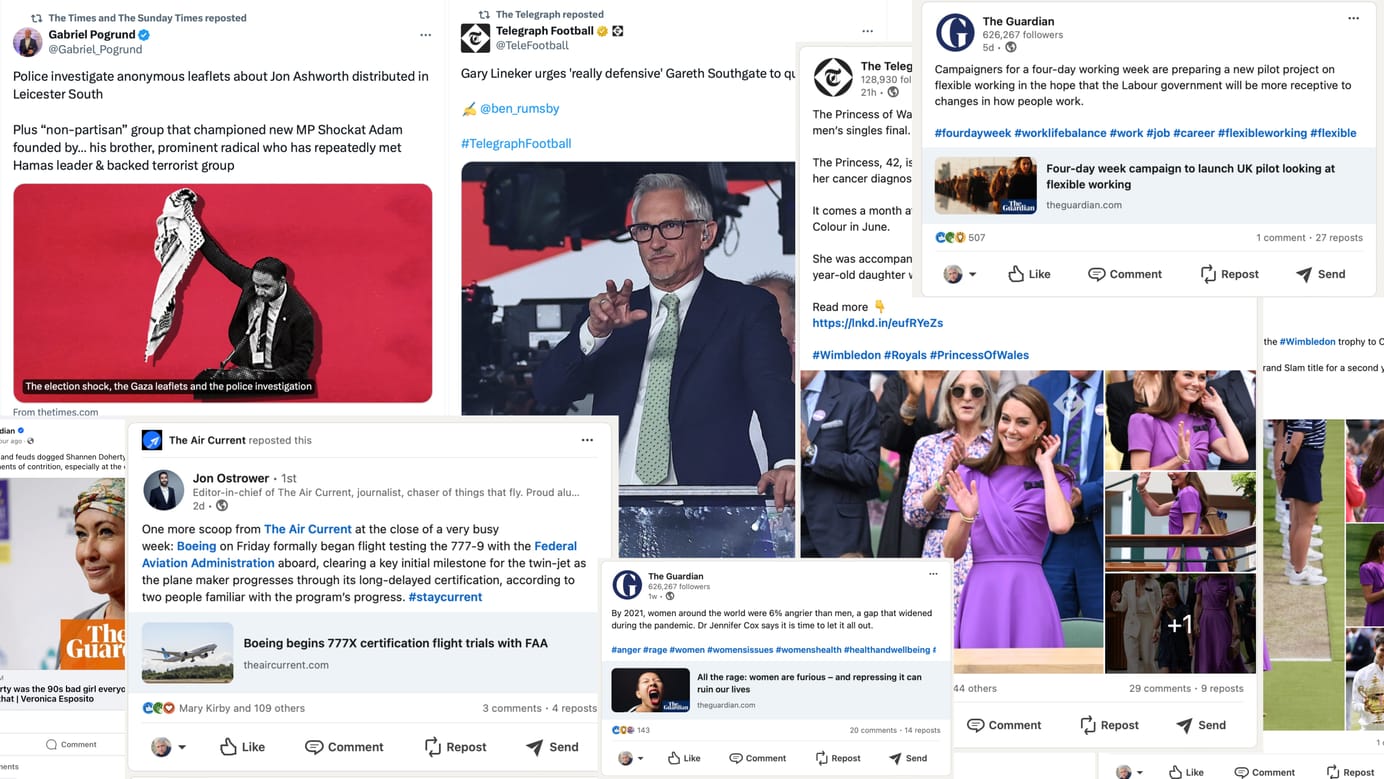
The sad and dolorous fate of "engagement"
The word "engagement" has been hollowed out by the social media gurus who have no concept of its sophistication.
I feel sorry for the word “engagement”. It was once a trusty ally, a word I could rely on in discussions to help delineate the difference between the old publishing model and today’s conversational publishing word. But then, tragedy struck. The horrible word cancer that is buzzwordification took root deep in its linguistic heart, and by the time it was diagnosed, the patient was terminal.
“Engagement” has become a hollow, talismanic shell of its former self, a word promoted as the cure for all, but unable to stand up to the closest scrutiny. People thoughtlessly spout it as the object of the new age: engagement will make everything better, boost your income, improve your sex life and allow you to make $$$$ working from home.
Let me give you an example. Here’s a comment on Jeff Jarvis’s blog, from a post announcing its new design:

Now, what does “engagement” actually mean there? Does it mean “comments”? Does it mean “a better class of comments”? Does it mean a higher quality of conversation? Or a more regular group of commenters engaging more regularly? Or is it just a hollow buzzword, which equates big numbers with success? “We’ve got huge engagement: 150,000 Likes on Facebook”. Size, as the saying goes, isn’t everything.
In that context, the word is essentially meaningless. It’s just social media buzzword bingo. (He could have scored double points by using “platforms” instead of “systems”.)
Death by buzzwords
The problem with buzzwords is that they transform a concept into a goal: engagement is the result, not the process. Once people start wielding the word in that way, they stop engaging (ho ho) with the core concept, and they don’t ask themselves the key question: why?
“Why?” is the critical question to ask of any serious social media project: why are you using a specific platform? Why are you trying to engage and with whom? What are the goals? Buzzwords replace the practical questions that give you both definable terms for success and failure, but also direction to your work.
Engagement is great. But too much engagement isn’t. In both our business and personal lives, we have to make decisions about how and where we engage with people, and making smart decisions makes those interactions more valuable to us, in either segment of our lives. Engagement is never a goal – it’s a process in service of a better business or a better life.
That’s an idea to engage with… 😉
Sign up for e-mail updates
Join the newsletter to receive the latest posts in your inbox.










